Penetration Testing – Why, When and How
Penetration testing brings value and informs critical business decisions in a wide variety of scenarios. Below, we highlight several instances where utilising this service to secure their key technology systems and thereby help fuel business innovation and growth. They also demonstrate the need to undertake this regularly given ongoing changes in many digital environments and the volume of threats appearing at all levels of the technology stack.Website Security:Business to Consumer organisations rely heavily on e-commerce platforms for revenue generation. Conducting penetration testing helps identify vulnerabilities in the website’s payment gateways, customer databases, and other critical components. By addressing these vulnerabilities, you can ensure the security of customer data and prevent potential breaches that could damage operations and reputation and severely impact revenue generation.Financial Security:Many organisations hold valuable customer data and transaction records. Penetration testing is crucial to identify weaknesses in financial systems and wider networks they are connected to. This ensures that customers’ financial information remains confidential and that the organisation complies with regulatory standards such as PCI DSS.Data Protection:Organisations may store sensitive personal data, making them attractive targets for cyberattacks. Penetration testing can uncover vulnerabilities in electronic records and network infrastructure. Strengthening security measures prevents unauthorised access to customer information and reduces the risk of data breaches.Cloud Infrastructure Assessment:Many businesses use cloud platforms for data storage and application hosting. Conducting penetration tests on cloud environments like Amazon Web Services (AWS) or Microsoft Azure helps identify misconfigurations, weak access controls, and potential entry points for attackers. Securing cloud infrastructure is vital to prevent data exposure and service disruptions.IoT Device Security:With the rise of the Internet of Things (IoT), devices such as smart thermostats, cameras, and industrial sensors are connected to networks. Penetration testing of IoT devices uncovers security flaws that could allow unauthorised control or access to these devices. This protects user privacy and prevents potential manipulation of connected systems.Software Application Vulnerability Assessment:Software applications are susceptible to various security vulnerabilities that hackers can exploit. Penetration testing of applications, including both web and mobile apps, helps identify flaws like injection attacks, insecure authentication mechanisms, and data leakage. Fixing these vulnerabilities enhances overall software security.Critical Infrastructure Protection:Industries such as energy, utilities, and transportation rely on complex industrial control systems. Penetration testing of these systems ensures their robustness against cyber threats. A successful attack on these systems could lead to widespread disruption, making security assessments crucial.Supply Chain Risk Mitigation:Businesses often work with third-party vendors and suppliers. Conducting penetration tests on their systems and networks helps identify potential weak links in the supply chain. Strengthening the security of partner organisations minimizes the risk of attacks that could indirectly affect your business.In all these scenarios, penetration testing helps businesses identify vulnerabilities proactively, allowing them to take necessary actions to patch or mitigate these vulnerabilities before malicious actors exploit them. This ultimately enhances the overall security posture and reduces the risk of data breaches, financial losses, and reputational damage. Given the continued investment in technology and applications, and the increased velocity of threat actors and attacks, undertaking testing on a regular basis, without the added overhead, in a manner where you understand what your key threats are and how to address them, is paramount.If you are unsure where to start in understanding your key threats and how to address them, or wanting to build visibility and understanding of threat remediation beyond your current annual health checks, reach out to Amicis at hello@amicisgroup.co.uk or book a call with the team here for an exploratory conversation.
